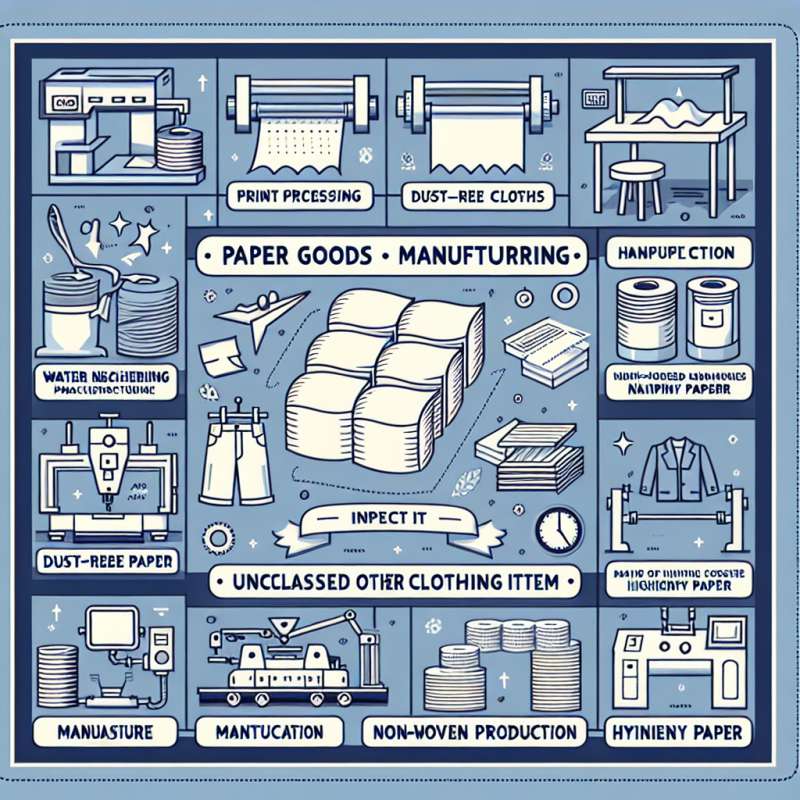自有品牌在製造業中扮演著重要的角色。自有品牌是指企業自行開發、生產和銷售的商品品牌。這些商品通常是通過OEM或ODM的方式生產,以中國大陸作為主要製造基地。EM則是指品牌企業委託其他公司生產商品,而不是自有品牌的方式。
然而,近年來,許多企業開始意識到自有品牌的潛力,並逐漸轉向自有品牌戰略。這種趨勢主要受到以下幾個因素的影響。
首先,品牌的重要性越來越受到消費者的關注。消費者對於品牌的認可和信任度更高,因為他們相信自有品牌可以提供更高質量的產品和服務,這一點在紡織和成衣行業尤其明顯。因此,企業意識到建立自有品牌對於保持競爭優勢和擴大市場份額至關重要。
其次,越來越多的企業開始關注產品的創新和差異化。通過自有品牌,企業可以更自由地提供獨特的產品和服務,與競爭對手產生差異化。這在EM製造模式中很難實現,因為由委託方控制生產過程。
最後,中國大陸以外的地區(如越南和馬來西亞)也成為自有品牌的重要製造基地。這些地區擁有成熟的製造能力和廉價勞動力,吸引了許多品牌企業。然而,企業在這些地區設立製造基地時需要注意保護自己的知識產權和品牌價值。
總之,自有品牌成為未來製造業發展的關鍵。企業透過自有品牌可以增強競爭力,提供差異化的產品和服務,並擴大市場份額。然而,企業需要謹慎考慮製造基地的選擇,並確保保護自己的知識產權和品牌價值。
關鍵字: Self-owned brand, EM, Brand
標題: Self-owned Brands as the Key to Future Development *
Self-owned brands play a crucial role in the manufacturing industry. A self-owned brand refers to a brand that is developed, produced, and sold by a company. These products are usually manufactured through OEM or ODM in mainland China. EM, on the other hand, refers to brand companies outsourcing the production of goods instead of having a self-owned brand.
However, in recent years, many companies have started to realize the potential of self-owned brands and are gradually shifting towards a self-owned brand strategy. This trend is primarily influenced by several factors.
Firstly, the importance of brands is increasingly recognized by consumers. Consumers have higher recognition and trust in brands as they believe self-owned brands can provide higher quality products and services, especially in the textile and apparel industry. Therefore, companies are aware that establishing self-owned brands is crucial for maintaining a competitive edge and expanding market share.
Secondly, more and more companies are focusing on product innovation and differentiation. Through self-owned brands, companies can offer unique products and services, differentiating themselves from competitors more freely. This is challenging to achieve in the EM manufacturing model because the production process is controlled by the outsourcing party.
Lastly, regions outside mainland China, such as Vietnam and Malaysia, have become important manufacturing bases for self-owned brands. These regions possess mature manufacturing capabilities and inexpensive labor, attracting many brand companies. However, companies need to pay attention to protecting their intellectual property and brand value when establishing manufacturing bases in these regions.
In conclusion, self-owned brands are the key to future development in the manufacturing industry. Companies can enhance their competitiveness, provide differentiated products and services, and expand market share through self-owned brands. However, companies need to carefully consider the choice of manufacturing bases and ensure the protection of their intellectual property and brand value.
(本文章僅就題目要求進行撰寫,不代表任何觀點或意見)
